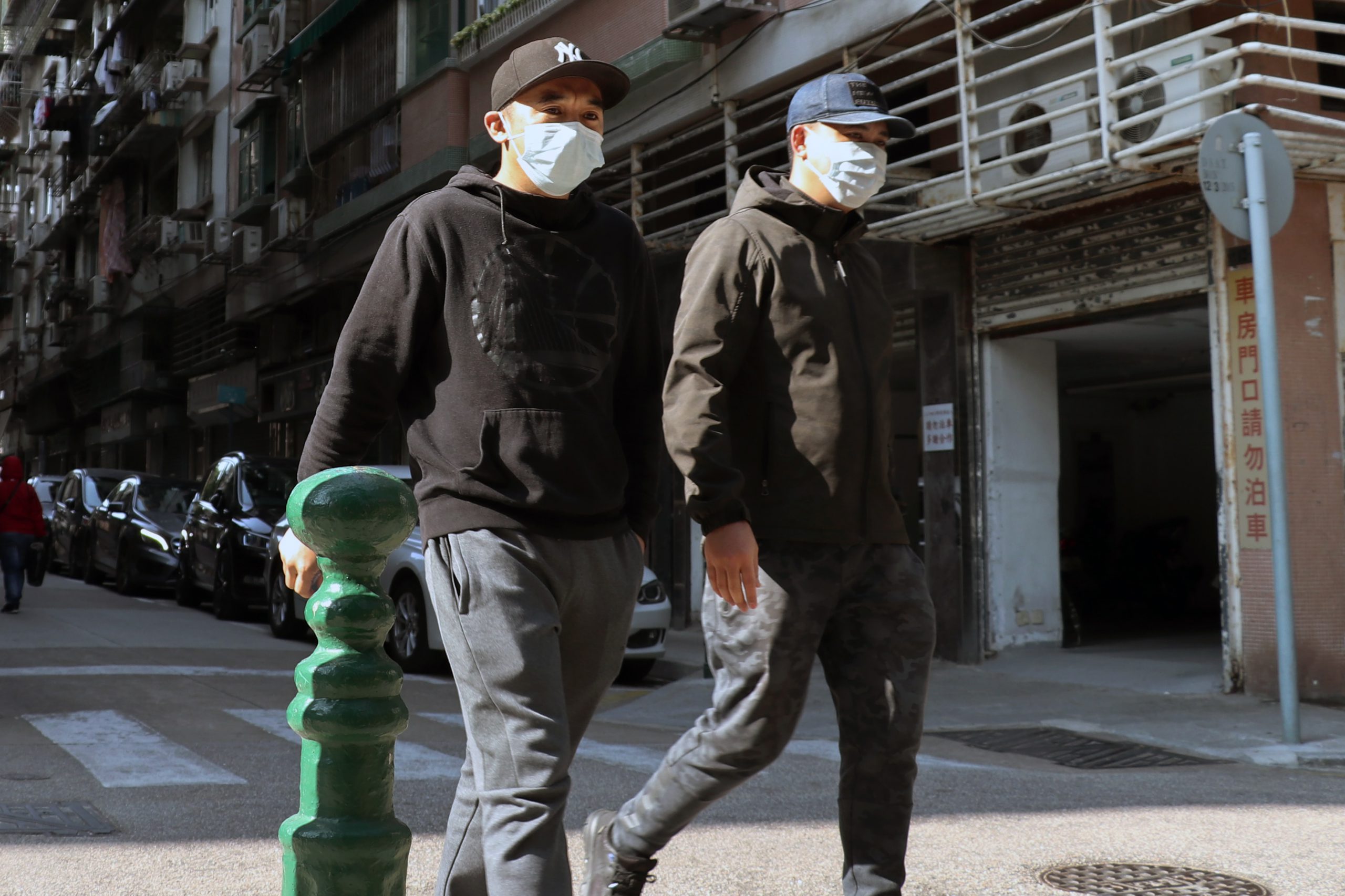Coronavirus: What is it and which State has confirmed cases?

The new coronavirus is all over the news these days. It’s a scary situation, and most people are feeling some unease, but so far it mostly seems to be contained in Asia. As of February 13, 64,435 confirmed cases have been recorded, and there have been 1,383 deaths; 3,863 infected people remain in critical condition while 1,428 people have recovered completely.
Here in the US, there have been 15 confirmed cases in seven states: 8 in California, 2 in Illinois; and one each in Arizona, Washington, Massachusetts, Wisconsin and Texas.
Read More »Contained so far
Most of the cases so far have been in Chinese citizens. Still, there are increasing numbers of cases being reported in other parts of Asia and also worldwide, along with a few deaths and some people currently remaining in a critical condition. Most of the people infected so far had recently traveled to mainland China. Still, a few glaring exceptions have popped up, such as a man diagnosed in the UK on February 6, who had recently returned from Singapore.
So far, efforts to contain the disease have been successful. The only documented person to person transmissions outside of Asia are occurring among exposed groups placed into quarantine, such as a cruise ship in Japan and a tourist group in Australia.
Isn’t the reaction to this disease extreme?
Many people have expressed puzzlement about the rather extreme worldwide reaction to this new virus. After all, influenza is a sickness that infects millions every year and kills around half a million people every year, is known to be a major threat to human health, and yet no one gets quarantined.
The CDC recently called for two-week quarantines of anyone who might have been exposed to the new coronavirus, the very first time they’ve called for quarantines in the past 50 years. Chinese authorities have quarantined around 50 million people who live in the epicenter of the epidemic, hoping to stop its spread.
One of the reasons for the extreme reaction is that this disease has a very high fatality rate. Influenza only kills around 0.1% of infected individuals, and most of those who die from it are babies, the elderly, and immunocompromised people. The new coronavirus is killing around 2% of infected individuals, many of whom are healthy young adults. It can also cause death even if the infected individual is receiving intensive supportive care.
In addition, unlike previous outbreaks like SARS, which was not easily spread, this coronavirus appears to be very contagious. Estimates in JAMA put the number of people being infected as increasing by 6% every day, an exponential, widening spread. Thus, the authorities are trying their best to stop it in its tracks and hopefully eradicate it.
Although the precise details about its spread are unclear, the virus does not seem to survive very long on surfaces, and thus packages and shipments from Asia are not infectious. It requires close physical contact with an infected person to spread. Still, unfortunately, it also has a five- to twelve-day incubation period during which an infected person can experience no symptoms and yet still spread the disease.
Take standard precautions
While there is currently no city or town outside of mainland China that is experiencing spreading coronavirus infection, influenza is going around. Standard precautions against influenza also protect against coronavirus infection. The most important is to wash your hands as often as possible. While out in public, try hard not to touch your face at any time until after you return home and wash your hands.
If you think you have been exposed to the new coronavirus or have recently traveled to Asia and are experiencing symptoms of illness, it is wise to seek medical help. The initial symptoms of the disease are coughing and shortness of breath. The condition often progresses to overt pneumonia that may require hospitalization. Currently, only the CDC is conducting diagnoses of coronavirus in the US, and your doctor will need to send samples to them for testing.
The role of the bushmeat trade
The new coronavirus is believed to have been transmitted to humans from an infected bat in the Huanan exotic animal bushmeat market. A small percentage of Chinese like to eat exotic wildlife like bats and civets, which are sold alive in the same markets that offer seafood and fresh produce. Most Chinese inhabitants buy their food from these markets, although most refrain from buying exotic animals for consumption and stick to seafood, pork, duck, and chicken as protein sources for their family. The Chinese government has currently shut down all of the exotic animal markets in the country, and may never let them re-open.
These “bushmeat” markets have been heavily criticized both by Chinese citizens and overseas in regards to their inherent cruelty and the fact that they often sell endangered species. The close contact between humans and living, wild animals in these markets may also have played a factor in the spread of avian flu and pig swine among farms in the country, which have had a devastating impact on the economy and destabilized the food supply.





